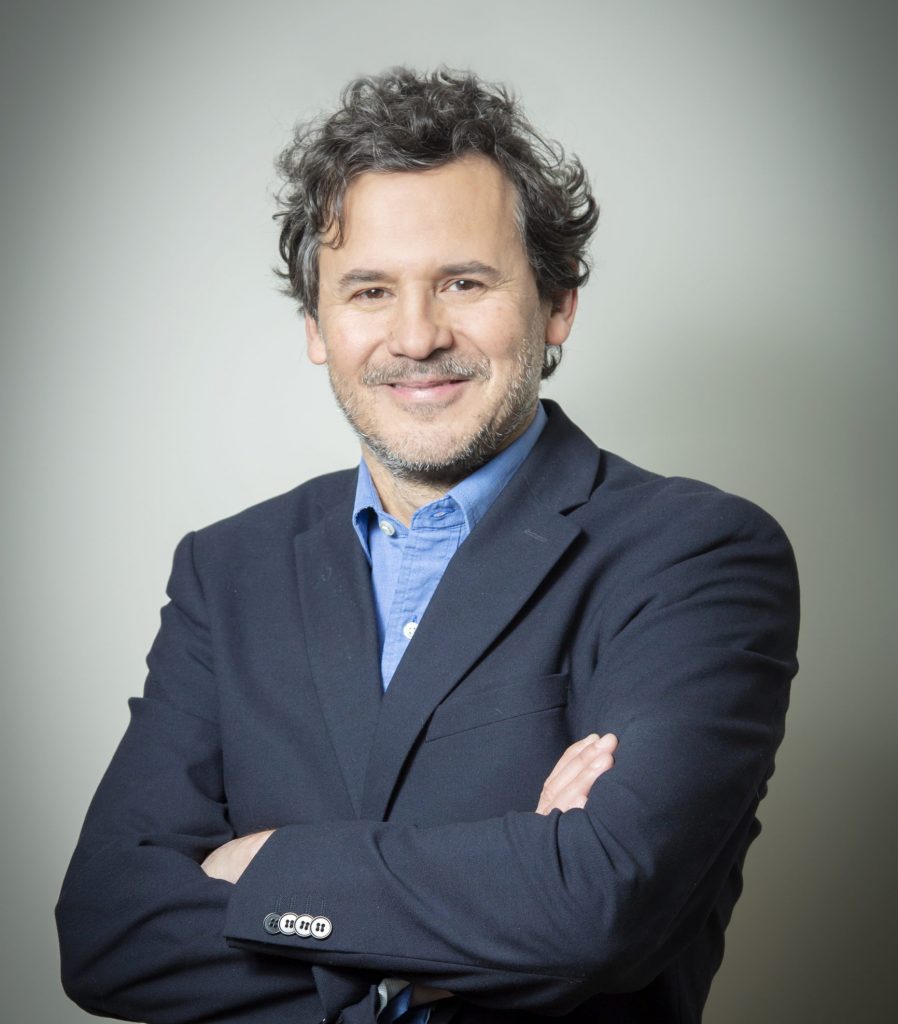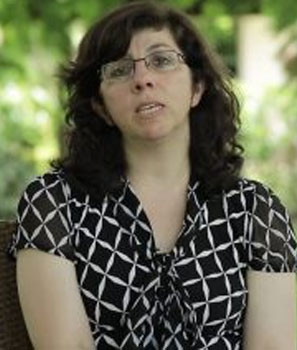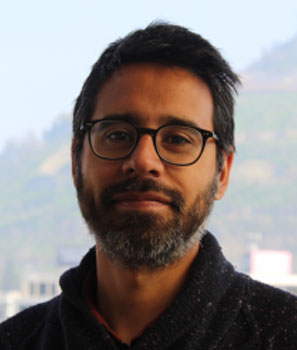Directors
Rimisp’s Executive Directorate has as its central objective to guide the strategic guidelines of the organization and to ensure that the mission, vision and institutional objectives are fulfilled, while complying with the high standards of quality and efficiency that characterize the institution. Our operational structure will consist of a collegial body composed of the directors of Rimisp’s five country offices, under the coordination of Carlos Córdoba, director of the Colombia office. This new structure seeks to respond to the challenges of flexibility and relevance imposed by the current situation and an agenda that is increasingly linked to territorial processes in each country, without losing the regional stamp and the capacity for innovation and renewal on which the Centre bases its prestige and trajectory.
Diego Bautista is an Industrial Engineer and Specialist in Project Evaluation from the Universidad de los Andes, and Master in Public and Social Policies from Pompeu Fabra. He has been a manager, advisor and consultant in different entities of the Colombian government and has been in charge of management and public policy projects in international and cooperation organisations (IDB, World Bank and USAID). He was an advisor to the Office of the High Commissioner for Peace during the negotiation process that led to the peace agreement with the FARC. Founder of the Platform for Improbable Dialogues, an organisation that promotes and accompanies processes of understanding and exploration of consensus between leaders with diverse and opposing interests. Former Director of the Inspirapaz Programme and President of the Rural Development Agency.
Carol Chehab Rouaiheb is an economist from the Pontificia Universidad Católica del Ecuador- Quito (PUCE). She holds a Diploma in Foreign Trade from the National Autonomous University of Mexico and a Master’s Degree in International Finance and Trade from the University of Barcelona – Spain.
Rodrigo Yáñez Rojas holds a PhD in Sociology and a Master in Sociology and Statistics from the Ecole des Hautes Etudes en Sciences Sociales (EHESS). He is a Social Anthropologist from the University of Chile. He has specialised in poverty and development issues in rural territories in Chile and Latin America, developing research related to welfare indicators, analysis of food insecurity, multidimensional poverty and adaptation to climate change in indigenous and peasant communities. He has taught in Colombia, Spain, France and Mexico. Currently, he is also a professor at the Universidad Diego Portales.
Our offices:
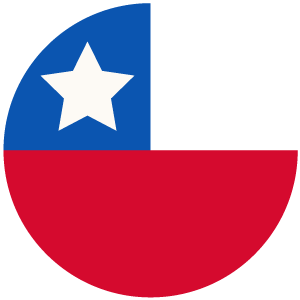
- Chile: Huelén 10. Providencia, Santiago, Metropolitan Region. (+56-2) 2236 4557 | Fax (+56-2) 2236 4558.
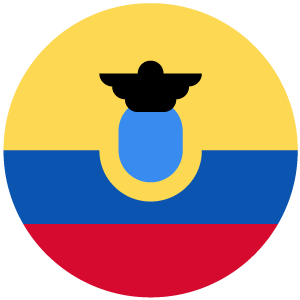
- Ecuador: Czechoslovakia E9-95 between Switzerland and Moscow. Eveliza Plaza Building. First floor. Quito. (+593-2) 5150144.
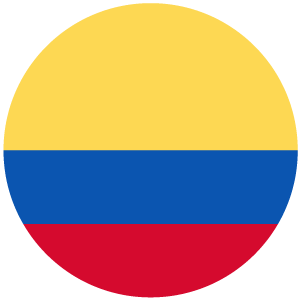
- Colombia: Carrera 9 No 72-61 Office 303. Bogotá. (+57-1) 2073 850.
